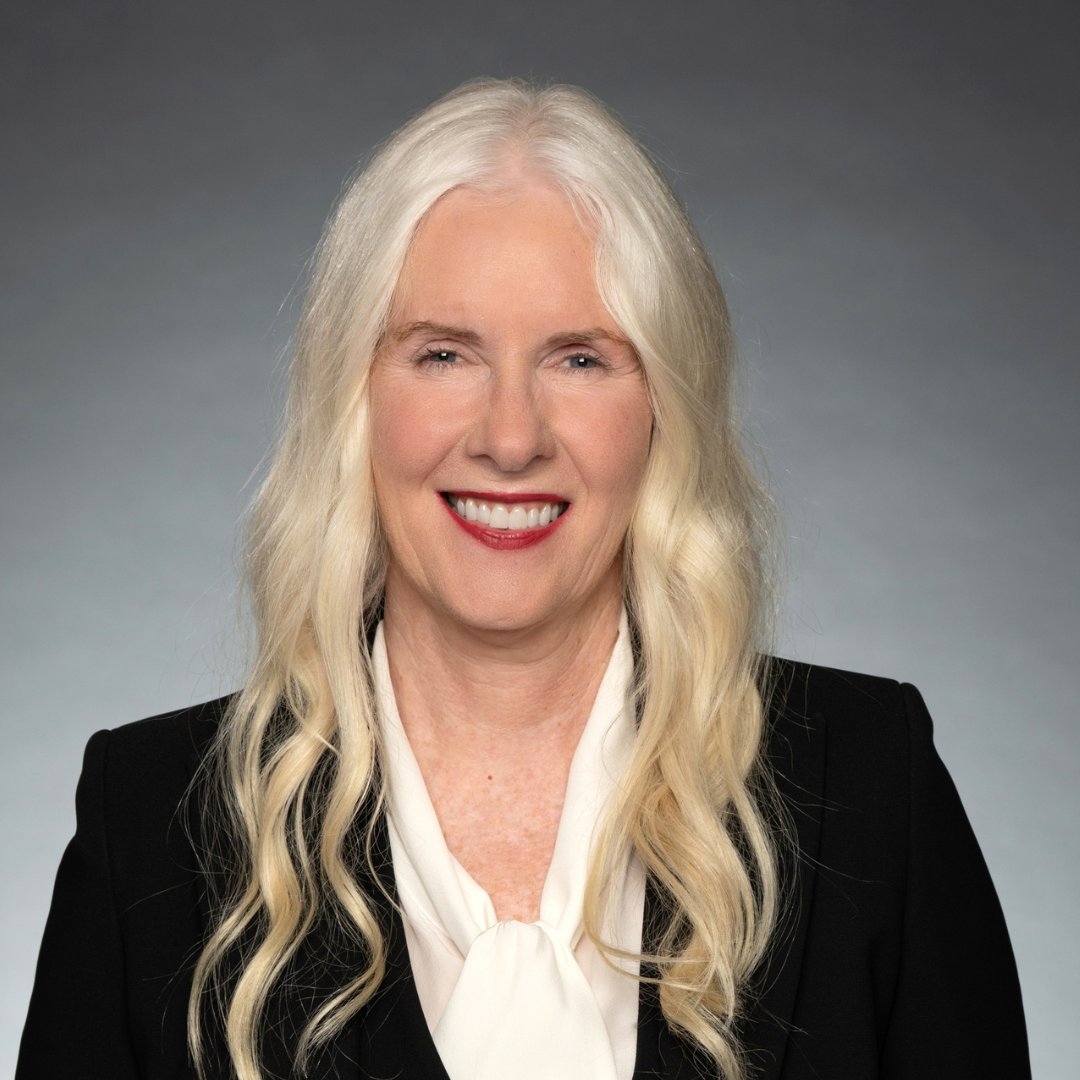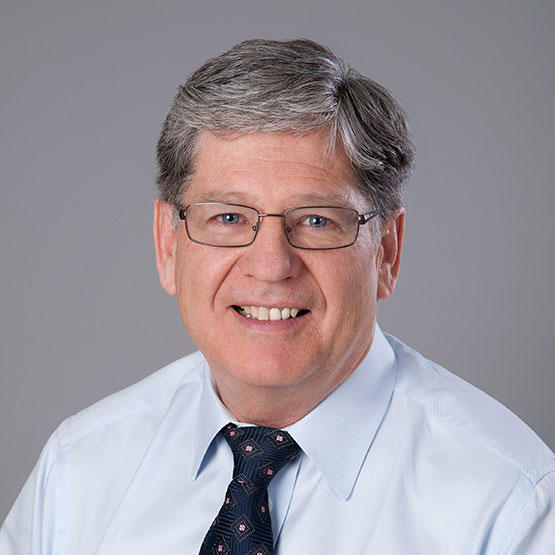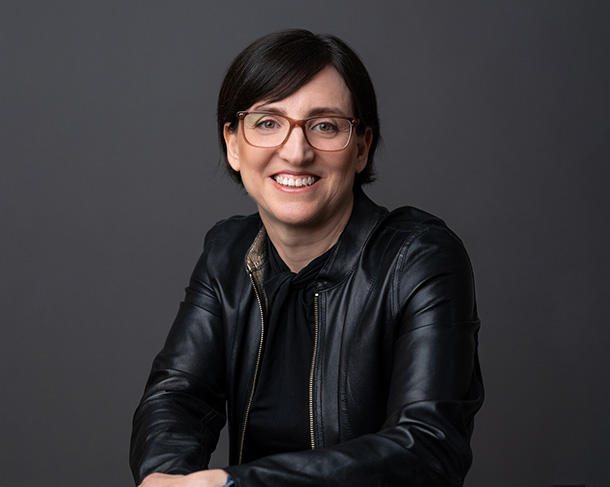And the needs are acute, with 250,000 residents in the Ottawa region facing daily life without a family doctor or nurse practitioner. People without a primary care provider often spend hours in walk-in clinics, overtaxed emergency rooms, or go without care altogether.
In neighbourhoods like Lowertown, Sandy Hill and Vanier the unattachment rate – the percentage of residents without access to a designated primary care provider – is among the highest in the province.
Recognizing that students who choose family medicine are often seeking to make a difference by tackling big, complex problems in a fast-paced environment, the University is seeding a vision for an innovative new interdisciplinary primary care hub based in one of Ottawa’s high-needs neighbourhoods.
Drawing on the latest breakthroughs in research and technology, the University is building an open model of collaboration that will design smart solutions through a broad base of interfaculty partnerships. From Medicine, Health Sciences and Science to Social Sciences and Law, researchers and learners will have opportunities to work together to develop novel approaches to solving persisting health and social challenges in a community setting.
At the heart of the project is a vision to build direct care capacity via primary care teaching clinics that will provide forward-thinking learning experiences for an increased number of medical residents alongside other medical professionals in an interprofessional team-based care model.
Funded through the 2025 provincial budget and aligning with Ontario’s primary care action plan, the teaching clinics within the hub would directly address the challenges in local care provider recruitment.
“We know—and we have data to support this—that where care providers train, and where they feel part of the community, strongly influences where they choose and stay to practice, said Interim Faculty of Medicine Dean Dr. Melissa Forgie.
“By creating a high-quality, team-based environment for training and mentorship right here in Ottawa, we are investing directly in the city’s future primary care workforce.”

“By creating a high-quality, team-based environment for training and mentorship right here in Ottawa, we are investing directly in the city’s future primary care workforce.”
Dr. Melissa Forgie
— Interim Dean, Faculty of Medicine
Seizing on the urgency of the city’s primary care situation, Ottawa Mayor Mark Sutcliffe has taken the unusual and proactive position of stepping into the healthcare policy space with a primary care action plan of his own, which aligns with the University's vision for the hub and the partnerships that will be needed to move it forward. The University has signalled its strong support for Mayor Sutcliffe’s plan.
The proposed not-for-profit hub facility would also feature state-of-the-art teaching and research infrastructure to further uOttawa’s rich store of groundbreaking research in areas like AI in family medicine.
“Providing purpose-built infrastructure to allow researchers and educators to work collaboratively with residents in the development of patient care technology will cement uOttawa’s Department of Family Medicine as a leader in innovation,” says the Department of Family Medicine’s Acting Chair, Dr. William Hogg.

“Providing purpose-built infrastructure to allow researchers and educators to work collaboratively with residents in the development of patient care technology will cement uOttawa’s Department of Family Medicine as a leader in innovation.”
Dr. William Hogg
— Acting Chair, Department of Family Medicine
Co-locating key social, legal or government services in a common space alongside learners and experts from a broad range of faculties could also help holistically improve health outcomes for individuals or families facing complex needs. The hub could even attract private sector partners to round out its offerings including a pharmacy, medical labs, and so on. The opportunities—and the potential—are expansive.
“We’ve articulated a clear vision that we know would help Ottawa residents receive the care they need, and would train more care providers,” said Dr. Forgie.
“There’s also a tremendous opportunity to build out the offerings and provide wraparound services in a way we haven’t seen previously. How it comes together is something we’re excited to explore. We want to hear from the City and our community partners about what their priorities for this facility would be.”
University of Ottawa President Marie-Eve Sylvestre says the hub would enhance both the University’s world-class training for care providers and community impact.
“The proposed primary care hub presents a tremendous opportunity to respond to community needs through training and research.”

“The proposed primary care hub presents a tremendous opportunity to respond to community needs through training and research.”
Marie-Eve Sylvestre
— President and Vice-Chancellor
Sylvestre envisions the interdisciplinary project drawing on the research and teaching strengths of several faculties to respond to community needs as they evolve.
“I’m thoroughly convinced that interdisciplinary collaboration, which incorporates social determinants of health and is at the very heart of the centre’s design, can have a decisive impact on a person’s health and their community’s well-being. As a site of groundbreaking training, research and care, the hub will spur on interdisciplinary collaboration that accounts for the broad scope of factors that impact a person’s health in their community.”
For more information on the Primary Care Hub and how support improved health outcomes in our community, please contact uOttawa’s Leah Eustace at leustace@uottawa or 613-762-2162.
